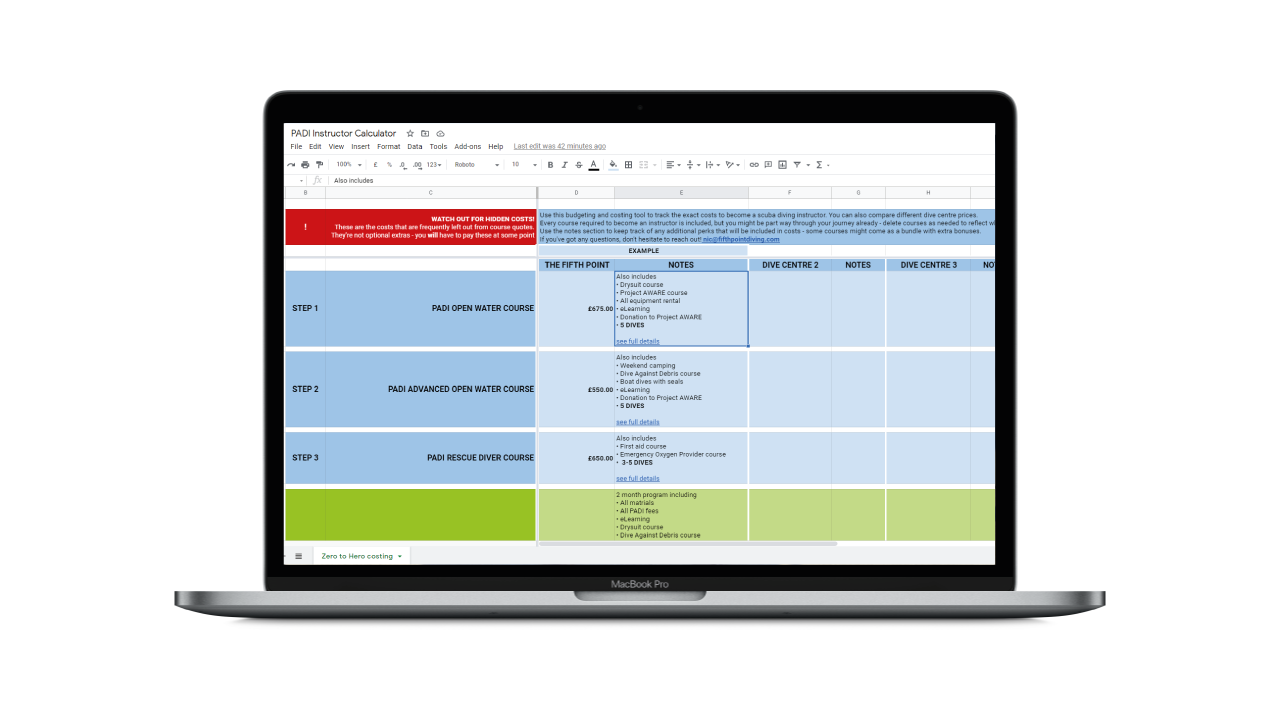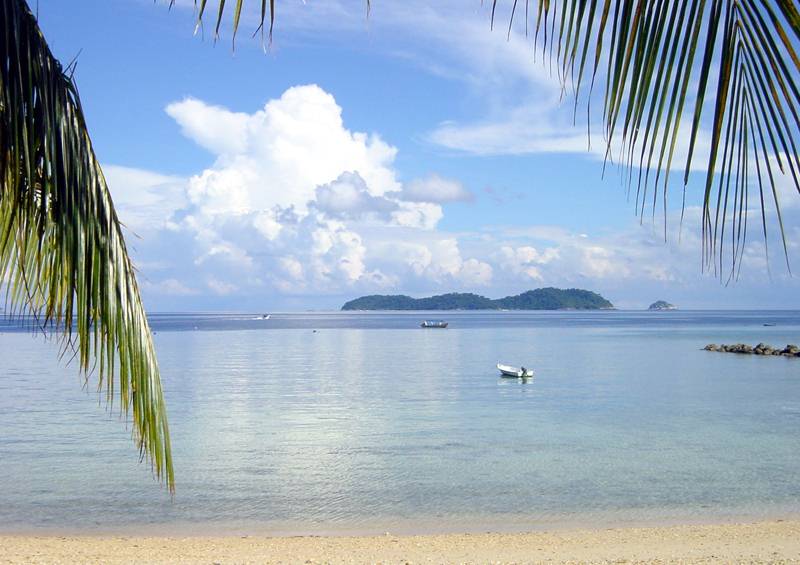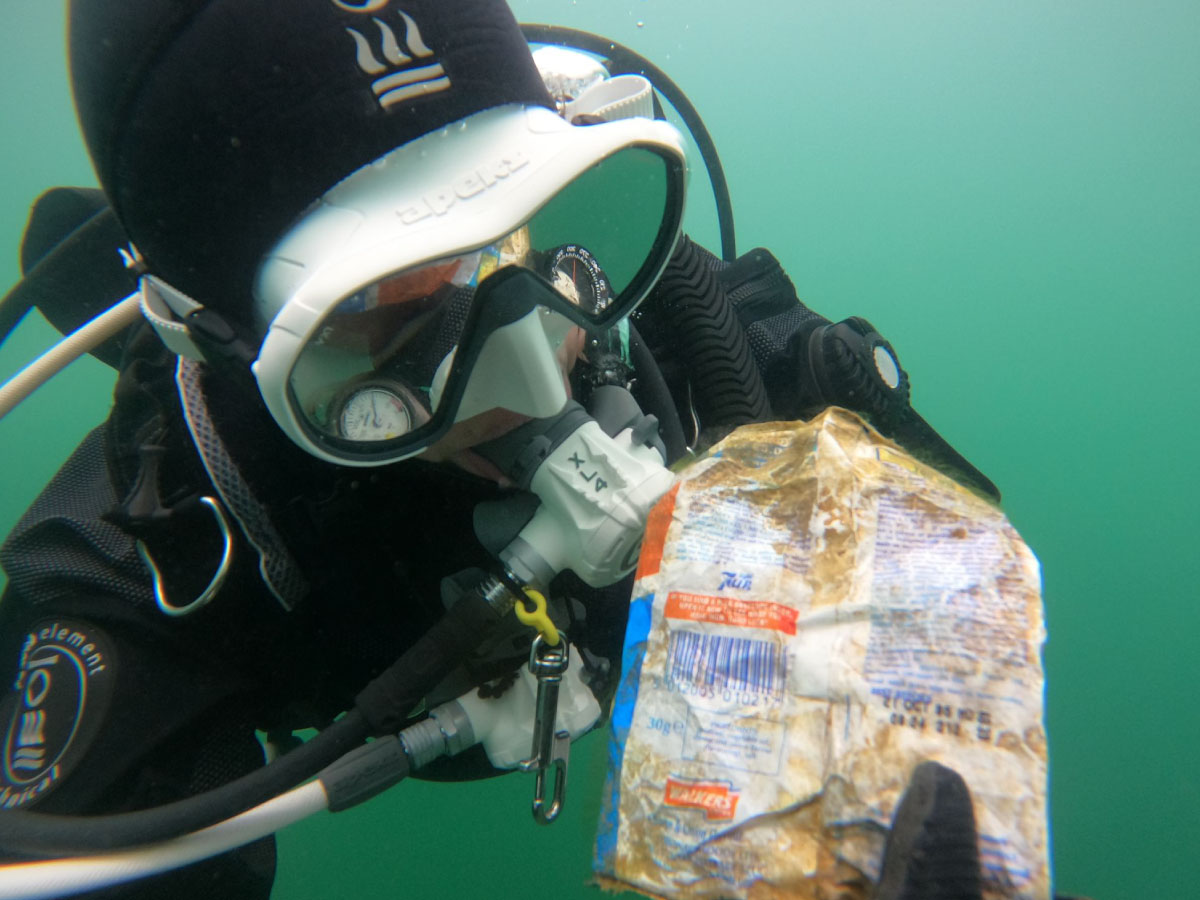WHERE SHOULD I DO MY IDC?
Is "where should I do my IDC" the most commonly asked question by aspiring PADI Instructors?
... probably!
In this article, I'm going to try and point you in the right direction and help you make your decision. With sooo many options out there, it's a bit of a minefield.
Fair warning, I'm going to pose 5 more questions, but if you can find the answers you should arrive at your final decision!
1. WHAT'S YOUR BUDGET?
Once you've worked out how much you can spend on your trianing, you can start narrowing the options and choose where should I do my IDC.
The best instructor training is going to need a higher budget. There's no denying the fact that good IDCs with top Course Directors and small groups cost more. Whatever you can afford to put towards your IDC, think of it as an investment in your future career as a PADI Instructor. If you're going for a top level IDC, you might also have to factor in additional costs for accomodation as they tend to last longer.
So... have you got that number worked out?
Now it's time to do your research!
I built an instructor cost calculator that will help you narrow down your options. You can do some window shopping on websites, send some enquiry emails and start plugging numbers into your calculator. It's actually designed to work out the cost from going zero to hero, so if you're already part way through your journey, you can remove the courses you've already completed and focus on the path ahead. There's also space to add extra expenses like flights and accomodation so you can see the full picture.
If there's one piece of advice I can give when it comes to your budget, it's watch out for hidden costs. To make thier courses look cheap, some dive centres like to advertise their prices without things like materials and PADI fees included. The cost calculator will help you avoid falling into this trap. Materials aren't optional - you must have them for the course and if you want to teach once you're qualified, you have to pay fees for your applications and exam. It'll leave a nasty taste in your mouth if you turn up on your first day and find out you've got an extra £1,000+ to pay!

2. WHAT ABOUT THE PLACE YOU DID YOUR DM?
Should you stick with the dive centre where you did your Divemaster program or should you twist and go somewhere new? There's pros and cons on each side, so let's have a look.
STICK - PROS
- You already know the dive centre and the team - if it's a good fit for you, you might have already answerered the question of where should I do my IDC!
- You'll probably get a nice little discount on your training as a returning customer
- You'll know your mentors really well and they'll know more about your strengths and weaknesses - a great platform for building your development
STICK - CONS
- It's easy to get stuck in the rut of "this is how we do things around here" which can be detrimental to your development as a dive pro (although it really depends on the centre)
- Your mentors may know too much! A fresh start can be empowering
- It'll be the same dive sites you've been diving at for a while, is it getting boring?
TWIST - PROS
- Working with different instructors is my favourite thing to do - you learn so many new ways of doing things and broaden your experience
- Learning in different environments (for example switching from cold water to the tropics or vice versa, fresh to salt, big dive centre to small operation etc) allows you to develop different sets of skills
- Who doesn't like to travel and dive new places?!
TWIST - CONS
- It can be super scary to walk into a new dive centre - what if I'm going to be judged!
- The logistics of getting there (and your gear!) and finding a place to stay make things a bit trickier
- It can feel like your support network is taken away, especially until you find your feet with your new team
Weigh up your own thoughts on sticking or twisting - it'll be different for everyone.
Personally, I love to work with new mentors rather than sticking with one guru. I learn so many new techniques and see different approaches to diving education. I cherry-pick what I like best and incorporate it into my own teaching style. If I only ever work with one person, I only learn their way of doing things. Having a broader range of approaches helps when you encounter different types of students - you can pick the approach that will work best for them.
Plus, having a network of amazing dive pros all over the world means that you just have to go and see them once in a while!
3. AT HOME OR ABROAD?
If you're still reading, I'm assuming you'll not be staying with your current dive shop so the question of where should I do my IDC is still up in the air. To stay at home or to travel for the training? Tough choice!
This will be a bit of a weird one when considering your budget. There's a good chance the courses abroad will be cheaper, but you have to pay for flights to get there. The training at home might be more expensive, but there's less travelling expenses. This is another area the instructor cost calculator will help you with your decisions. You can plug in the prices and compare the options side by side.
Taking cost out of the equation, you can boil this decision down to temperature. Do you want to do your IDC in warm waters on a tropical reef, or do you want zip up your drysuit and learn to teach in colder water with the seals?
It might sound like a no-brainer (er, tropical paradise please!), but you need to think about where you see your career going in the future. Any salty sea dog will tell you "if you can teach in the UK, you can teach anywhere". You can interchange UK with any cold water destination. The bottom line is that because the conditions make teaching in cold water so challenging, when you land your dream job on a tropical island, teaching will be a doddle. Taking your IDC in the tropics and transitioning to teaching in cold water will come with a massive learning curve.
I used to manage one of the busiest dive centres in Malaysia. When we were recruiting, the instructors with cold water experience always went straight to the top of the pile. I could pretty much guarantee that they had a different level of awareness and control when compared to solely tropical divers - especially when comparing two green instructors.

4. WHICH COURSE DIRECTOR?
I think this is probably the most important factor in your decision of where to do your IDC.
Your course director will make or break your instructor training. The IDC curriculum is set by PADI, but it's your course director who brings it to life. Are you going to have a ticky-box experience where you just go through the motions and learn enough to pass the instructor exam, or are you going to get training that goes above and beyond what PADI require and that actually sets you up for a successful career?
I'm assuming you'd prefer the latter but the bad news is it's going to take some digging to find out the type of course director you're getting.
The first step is to get in touch with them. Drop them an email, give them a call, stalk them on social media. You need to find out if you click with them. Do you have the same values when it comes to diving (if you're an eco-warrior and they're out smashing up the reef, you're probably not going to get on very well!) Do you like their attitude? Do you have the same sense of humour? Does their training look fun and interesting? What are their credentials and experience?
Whatever you think is important in a mentor, find out if they fit the bill.
If you find a course director you click with, not only will you get the most out of your training during the IDC, I guarantee they will be a constant source of support throughout your whole diving career. I'm still in touch with my mentors from all those many moons ago. If I have a problem, a worry, a stupid question - I can go to them for advice.
5. WHAT DO YOU WANT TO DO, LONG TERM?
This might seem like a bit of a weird question. You're wrapped up in deciding "where should I do my IDC", never mind thinking about what you want to happen once you're qualified.
If you have a plan in mind, it might be worth factoring this into your decision. It will work in your favour if you can find a course director and dive centre that will be able to help you achieve your long term goals.
Want to work abroad? Maybe this clinches the deal about whether to train at home or somewhere further afield. You'll be able to network with other dive pros and shops who'll help you land a job. The centre delivering the IDC might even be looking for staff? If you impress them on your IDC, who knows what doors it might open.
If you want to go down the technical diving route once you become an instructor, it would make sense to connect with a centre that offers this. If you can build some training into your IDC package - great! If not, at least you've got some contacts you can hit up when the time comes.
If you want to get involved in marine conservation, choose a centre or a course director who's passionate about it. You'll learn lots of tips that you can use with your new students to help share the passion to protect the ocean, plus you'll be able to get involved with projects and activities while you're taking your IDC.
If you have a passion for helping divers with physical disabilities, mental health issues or learning challenges, hook up with a place that specialises in adaptive diving techniques. This is a really rewarding niche of diving to work in.
What I'm trying to say is, the team that you work with during your IDC has the potential to be important contacts throughout your diving career. Find the CD and centre where they're all-in on your career progression, not just a number they're churning through the books.
The diving world is teeny tiny - everyone knows everyone. If you stay in touch with the right people, you'll always have a support network around you and access to the best opportunities!

SO, WHERE SHOULD I DO MY IDC?
I hope these extra questions have probed the answers you need to answer the bigger question.
Use the instructor cost calculator to help your research, make lots of notes and compare IDCs side by side. Knock out some pros and cons lists. And most of all, get chatting with the course directors out there. Don't be shy, you can't afford to make the wrong decision at this point because you're gambling with cold hard cash that will be the investment in your future as a PADI Instructor! You need to find all the information you can.
Obviously, I'm a course director. If you need some help or advice, reach out. Even if you're not interested in the IDCs I do here at The Fifth Point, I'm still here to help but if you do fancy working with me on your IDC you can find out more below 🙂